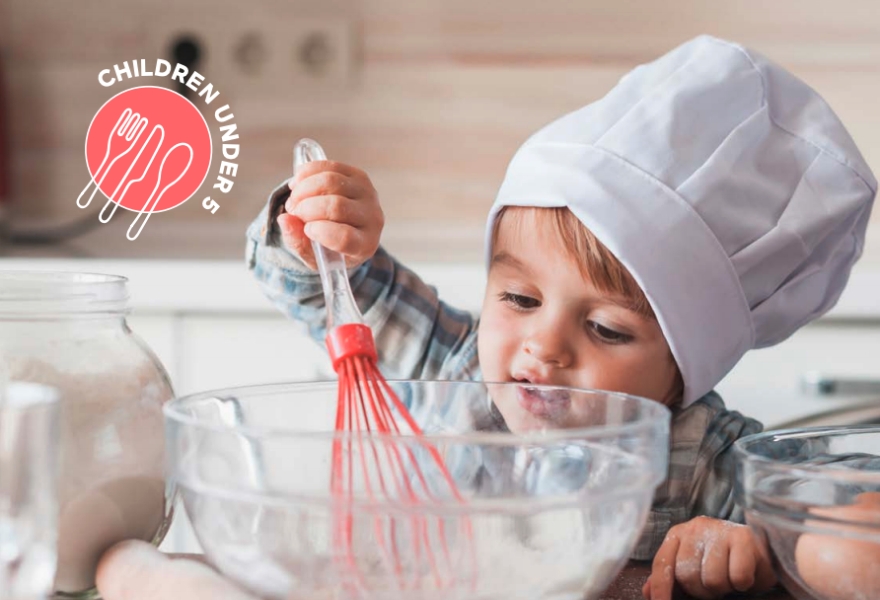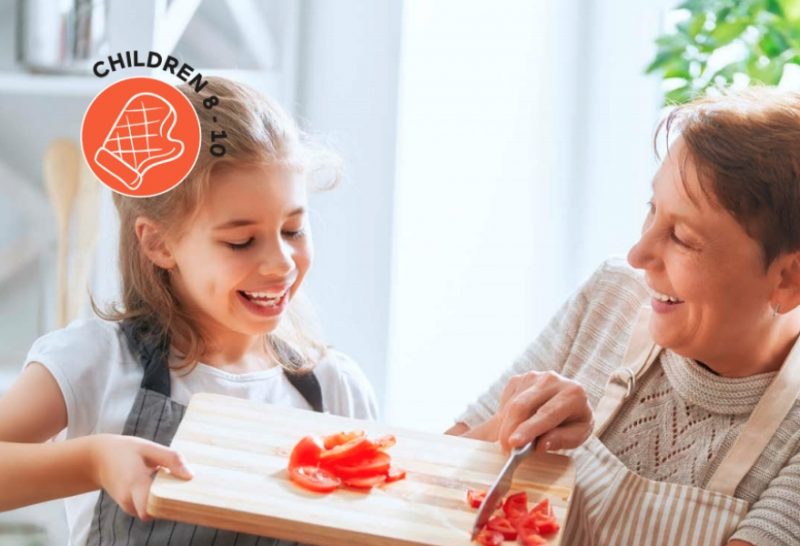The kitchen classroom
Published
Maple from Canada UK share their top tips for making the kitchen a fun place to learn, listing 10 essential cooking skills every child should master.

1. Patience
Cooking, baking and preparing food takes time. By getting your children involved with following longer recipes, they will develop their understanding of time and the need for patience.
2. Following instructions
By helping out in the kitchen, children will practice their listening skills and learn how to follow instructions
3. Trying new things
The kitchen is a great place to get inspired and try new things, whether it’s cooking a new recipe or creating an exciting tasting platter with foods from around the world.
4. Health and nutrition
Cooking and preparing food can be a practical way to introduce children to health, nutrition and balanced eating.
5. Basic maths
From counting, through to division and multiplication, following a recipe or changing the ratios requires basic maths. Get younger children counting the number of scoops or whole ingredients as they cook, and encourage older children to do some more complicated cooking maths such as dividing or multiplying recipe quantities.
6. Improvisation and creativity
Food and cooking open up the mind to improvisation and creativity. Often you have to think on your feet while you cook. By cooking different foods from around the world, we also get exposed to new flavours and techniques while building confidence to test our own ideas and create bold new combinations.
7. Reading and literacy
Following recipes requires a good level of literacy. Younger children can help boost word recognition and grow their vocabulary from learning new ingredients and methods.
8. Dexterity and technique
Cooking allows tiny hands to develop hand eye co-ordination, improve dexterity and practice advanced food preparation techniques.
9. Provenance
Understanding how and where food is produced will help children make better decisions around their health, the welfare of food producers and animals and the impact on the planet.
10. Family fun
A key part of learning is having fun. Cooking is the perfect activity to get the whole family involved, so make the most of your time at home and spend some great quality time together.
Maple from Canada UK have launched a series of five workbooks, focusing on making the kitchen a stimulating learning environment. Each workbook (for ages under 5, 5-7, 8-10, 11-14 and 14+) features two age appropriate recipes, a food-themed task, along with suggestions for other fun and educational activities. They can be downloaded and printed for free at www.maplefromcanada.co.uk/education/kitchen-adventures








